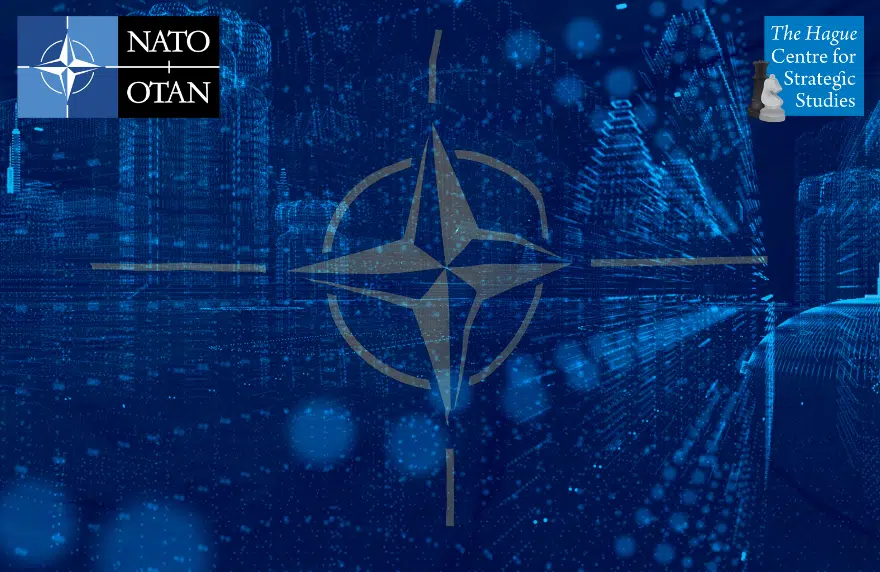On 29 March 2010, HCSS organized a public debate on the New Strategic Concept for NATO and the future of the alliance.
After an introduction by prof. Rob de Wijk, director of HCSS, a keynote speech was held by Maxime Verhagen, Minister of Foreign Affairs. Jeroen van der Veer, vice-chairman of the Group of Experts lead by Madeleine Albright who will advise the Secretary General on a New Strategic Concept for NATO, will respond to the discussion and present his views.
The broad themes of discussion will were:
The role for NATO in the coming ten years.
The security threats that NATO should deal with.
The responsibility of The Netherlands.
Background to the NATO Strategic Concept
The Strategic Concept is the document that forms the basis for the trans-Atlantic security relationship. It directs the activities of NATO and defines the goals it hopes to achieve.
During the last NATO-Summit in Strassbourg/Kehl in April 2009 the Heads of State and Heads of Government of the NATO member states requested the Secretary General to develop a new Strategic Concept. In November 2010 this task should be completed.
As the international security situation is constantly changing, it is obvious that the Alliance needs to update its Strategic Concept periodically. The current Concept dates from 1999, before the attack of September 11, before the war in Afghanistan, while the Alliance had nineteen members instead of twenty eight and when subjects such as cybercrime and energy scarcity were not yet on the agenda.
Therefore the question was what threats NATO should deal with and how NATO should adjust itself to tackle those threats in the coming decade.






